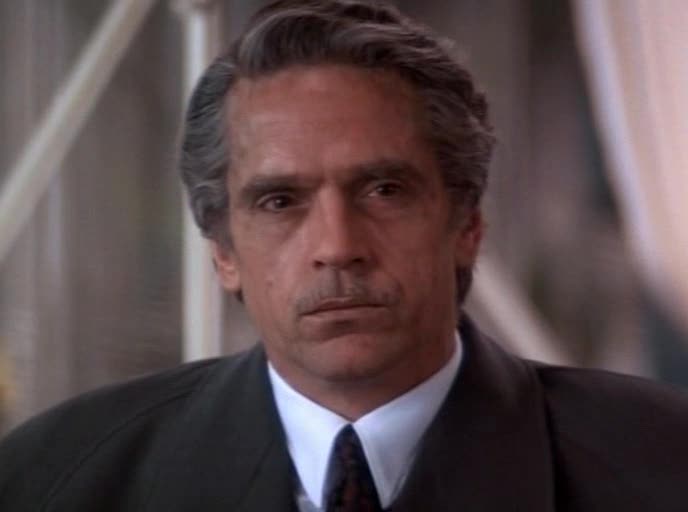Thursday
What with Donald Trump ascending to the White House, Vladimir Putin throwing his weight around, Turkish President Erdogan claiming dictatorial powers, and French fascist Marine LePen making it to the second round of France’s presidential election, authoritarianism appears to be having a moment. Suddenly there are dire warnings about the future of multicultural democracies, as Adam Gopnik recently noted in a New Yorker article entitled, “Are Liberals on the Wrong Side of History?”
As it happens, Gopnik actually thinks doomsayers are overreacting and warns of the dangerous allure of “presentism”:
Of all the prejudices of pundits, presentism is the strongest. It is the assumption that what is happening now is going to keep on happening, without anything happening to stop it.
So don’t be too sure that ethnic nationalism is about to sweep through all developed countries. Yet while I take some comfort from Gopnik’s article, I also find myself paying a lot more attention to literary descriptions of authority figures.
Here, for instance, is Isabel Allende’s description in House of Spirits of landowner Esteban Trueba. Whether Trueba is providing his peasants with schools or deflowering their daughters, building them houses or busting unions, there is one constant: he is the boss and may not be questioned.
I find it unsettling that many of his tendencies can be found in our current President, with only a few checks and balances preventing Trump from following Trueba’s path. I have no doubt that Trump dreams of possessing such unchallenged power:
In the course of the next ten years, Esteban Trueba became the most respected patron in the region. He built brick houses for his workers, hired a teacher for the school, and raised the standard of living of everyone on his lands. Tres Marias was a good business that required no help from the seam of gold [in his mine]; on the contrary, it served as collateral for an extension on his concession to the mine. Trueba’s bad temper became legend, and grew so exaggerated that it even made him uncomfortable. He forbade anyone to talk back to him and could tolerate no opposition; he viewed the slightest disagreement as a provocation His concupiscence also intensified. Not a girl passed from puberty to adulthood that he did not subject to the woods, the riverbank, or the wrought-iron bed. When there were no more available women in Tres Marias, he began to chase after those from the neighboring haciendas, taking them in the wink of an eye, anywhere he could find a place in the fields, usually at dusk. He did not bother to hide, because he was afraid of no one. On a few occasions, a brother, father, husband, or employer showed up at Tres Marias to call him to account, but faced with his uncontrolled violence, these visits in the name of justice or revenge became less frequent. Word of his cruelty spread throughout the region, provoking jealous admiration among the men of his class. The peasants hid their daughters and clenched their fists helplessly because they could not confront him. Esteban Trueba was stronger, and he had impunity. Twice the bullet-riddled bodies of peasants from other haciendas were discovered. There was not the shadow of a doubt in anybody’s mind that the guilty one was from Tres Marias, but the rural police simply recorded that bit of information in their record book with the tortured hand of the semi-literate, adding that the victims had been caught committing a theft. The matter never went any further. Trueba continued polishing his reputation as a rake, sowing the entire region with his bastard offspring, reaping hatred, and storing up sins that barely nicked him because he had hardened his soul and silenced his conscience with the excuse of progress. In vain, Pedro Segundo Garcia and the old priest from the nuns’ hospital tried to suggest to him that it was not little brick houses or pints of milk that made a man a good employer or an honest Christian, but rather giving his workers a decent salary instead of slips of pink paper, a workload that did not grind their bones to dust, and a little respect and dignity. Trueba would not listen to this sort of thing: it smacked, he said, of Communism.
“They’re degenerate ideas,” he muttered. “Bolshevik ideas designed to turn the tenants against me. What they don’t realize is that these poor people are completely ignorant and uneducated. They’re like children, they can’t handle responsibility. How could they know what’s best for them. Without me they’d be lost—if you don’t believe me, just look what happens every time I turn my back. Everything goes to pieces and they start acting like a bunch of donkeys. They’re very ignorant. My people have it fine now, what more do they need? They have everything they want. If they complain, it’s out of sheer ingratitude.
Trump contends that he’s a populist who cares about coal miners, industrial workers, and other members of the white working class. Don’t be fooled. Trump has Trueba’s contempt for his followers. He wants grateful subjects, not citizens.


